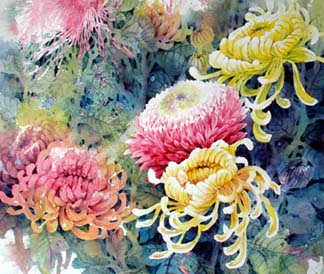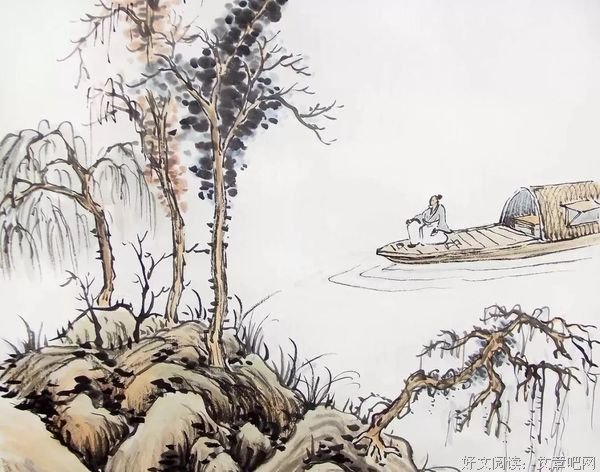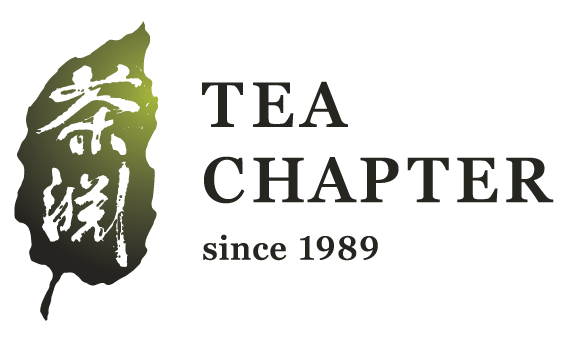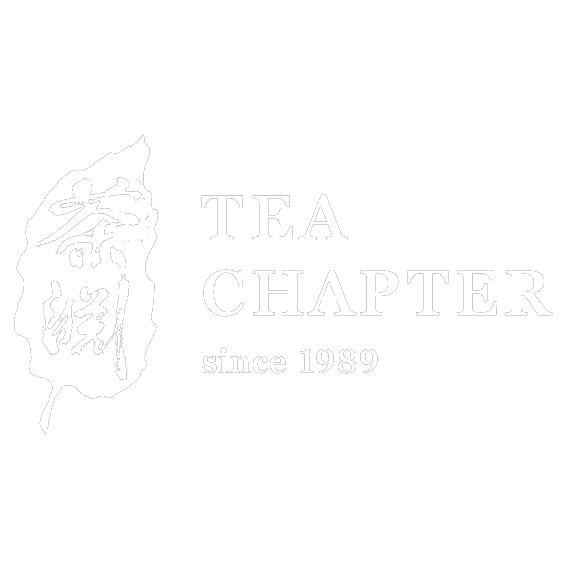Cultural Knowledge
Fill a tea cup 70% full, wine cup 80% full
Fill a tea cup 70% full, wine cup 80% full

“Filling a tea cup 70% full, Filling a wine cup 80% full” is a folk saying in Xiamen province, China which refers to when serving tea or wine to your guests, you should not fill the cup all the way to the rim.
The reason is that if your guests did not hold the cups well, the tea or wine might accidentally spill out from the fill to the rim cup. Not only is it wasteful, but it might also scalds the guests’ hands or splashes them on their clothing, which is embarrassing. Therefore, pouring tea or wine is good at seventy or eighty percent points, too much or too little will be considered ignorant of etiquette.
When serving tea for the guests, you should pour the tea first to the elders and then to the juniors, and to the guests first and then to yourself in the order. After pouring the tea, the teapot should be placed on the dining table and the spout should not be facing the guests. It’s better to pour tea at seventy percent full. As the saying goes: “Teacup is full, is signify as bully your guests.” First it will make your guests feel unhappy, and the second is that the cup is full of water, so it is not easy to serve it.
The story of filling a tea cup 70% full, wine cup 80% full is as follows

The famous thinker of the Northern Song Dynasty-Wang Anshi wrote a poem on chrysanthemum: The west wind makes it way through the garden last night, blowing down the yellow flowers like gold all over the ground, halfway through the writing, Wang Anshi had a visitor so he went to meet the visitor. It happened that Su Dongpo, a famous calligrapher in the Northern Song Dynasty, also came to visit Wang Anshi at the same time. After reading these two lines of poems, he continued: chrysanthemum is hardy, it will not be blown off by the wind like spring flowers, Poet, please recite carefully.
Because of this incident, Su Dongbo was banish to Huangzhou, Hubei for three years. Before he left, Wang Anshi ask Su Dongpo to bring some water from the middle gorge of the Yangtze River when he returned to the capital the next time. In the autumn of the first year in Huangzhou, and there were strong winds for several days. after the wind ceased, Su Dongpo goes to the garden to look at chrysanthemum. He saw the chrysanthemums petals covering the floor like gold. At this moment, he suddenly remembered the continuation of the poem to Wang Anshi a year ago, and he couldn’t help being dumbfounded, unable to speak for a long time, repenting that he was wrong.
Three years later, when Su Dongpo was on the way returning to the capital, he deliberately went to the Three Gorges to fetch water, but he was preoccupy viewing the scenery on both sides of the strait. After the boat passed the middle gorge, he remembered about fetching the water. So he wanted to let the boatman goes back, but the boatman said that the water in the Yangtze is very turbulent and cannot turned back. The water from the bottom stream of the Yangtze River also come from the middle stream so it should be the same water. Su Dongbo took the water from the down stream and went back to the capital.
When Su Dongpo gave the water to Wang Anshi, Wang Anshi was very happy, inviting Su Dongpo to drink tea together, Wang Anshi took out the Mengding tea bestowed by the emperor and brewed it with water from the Yangtze River. While waiting, Su Dongpo start talking about his experience in Huangzhou, saying that he finally understood Wang Anshi’s poem profound meaning.
After the tea was brewed, Wang Anshi poured himself and Su Dongbo a cup each, only 70% full, Su Dongpo thought in his heart, this person is so stingy that he would not fill the cup of tea to the rim.
Wang Anshi picked up his teacup, took a sip, frowned and said: Your water is Yangtze river water, but it is not from the middle stream. Su Dongpo was taken aback, and quickly explained the real situation.
Wang Anshi said: The water in the Three Gorges is pure and lively, and it is good for making tea, but the upper Gorge is frivolous, while the lower Gorge is turbid, only the water in the middle Gorge is light and vigorous, and it is the best for making tea.
Su Dongpo suddenly realised his mistake. Wang Anshi said again; you see that I only fill seventy percent when pouring tea, you must think why am I so stingy. Su Dongpo was dumbfounded that Wang Anshi is able to read what he had in mind, but he still politely said he didn’t dare.
Wang Anshi continue saying: This Yangtze River water is not easy to come by, and this Mengding tea is a tribute tea, bestowed by the emperor. Pouring the tea up to seventy percent of the cup, is to means the preciousness of the tea, and also the respect for the gift-giver;
Pour a full cup for you to drink, would you cherish it? For wine we could be a little more bit more generous, so it’s only eighty percent full. Su Dongbo did not dare to respond a word. Since then, it has been handed down fill a tea cup 70% full and filling a wine cup eighty percent full.
七分茶、八分酒
“七分茶、八分酒”是厦门民间的一句俗语,指给客人斟茶,斟酒时不可以斟满杯子。
原因是客人不好拿杯子,茶水酒水也容易溢出来, 不但浪费,也会烫着客人的手或撤泼到衣服上面,令人尴尬 。因此,斟茶斟酒以七八分为佳,太多或太少都会被认为不识礼数。
在替客人斟茶时,应该先斟茶给长辈然后才给小辈,先给客人然后才给自己的顺序。斟完茶后,茶壶应该放在餐桌上,壶嘴不可对着客人。茶水斟倒以七八分满为佳。俗话说:“茶满欺客”,如果茶水斟满,第一是会使客人感到心中不悦,第二是杯满水烫,不易端杯品尝。
七分茶八分酒的故事典故如下。北宋著名的思想家 – 王安石一次写了一首咏菊诗:西风作夜过园林,吹落黄花满地金,写到一半时,他有客人来访,他便见客去了,刚 好北宋著名的书法家苏东坡也来找王安石,看了这两句诗, 提笔续道 : 秋英不比春花落,说与诗人仔细吟。.因此事, 苏东波被贬去湖北黄州。临走时,王安石交待苏东坡说,让他回京城时,带一些长江中峡水回来。到黄州的第一年秋天,苏东波终于明白黄州的菊花是不落花瓣,算是长了一智。
三年后,苏东坡回京城时,特意到三峡取水,可是他只顾贪看两岸景色,船过了中峡,才想起取水的事,于是他要让船夫回头,船夫却说,三峡水流如此湍急,回头取水不容易,三峡水一流而下,下峡水也是从中峡来的呀。苏东波便取了下峡水回京城去了。
苏东坡把水送给王安石时,王安石很高兴,留下苏东坡一起喝新茶,王安石取出皇上御赐的蒙顶茶,用扬子江中水冲泡。苏东坡不待王安石问,便先说起他在黄州的经历,说他明白王安石的深意。菊花确实有不落瓣的。茶泡好,王安石给自己和苏东波各倒了一杯,只有七分满,苏东坡在心里想,此人如此吝惜,一杯茶也不肯倒满。王安石端起茶杯,喝了一口,便皱起眉头说道 : 你这水是三峡水,可希不是中峡水。苏东坡吓了一跳,赶快把真实情况说明。王安石款款说道;三峡水性甘纯活泼, 泡茶皆佳,唯上峡失之轻浮,下峡失之凝浊,只有中峡水中正轻灵,用来泡茶最好。苏东坡突然醒悟。王安石又说;你见我斟茶只有七分,心中一定想我的不是。苏东坡被说中他的心中所想之事,忙说不敢。王安石又说:这长江水来之不易,你自己知晓,这蒙顶茶贡茶,一年正贡365叶,陪茶20斤,皇上钦赐. 斟茶七分,表示茶叶的珍贵,也是表示对送礼人的尊敬;斟满杯让你牛饮, 你会珍惜吗? 好酒稍为宽裕,也就八分吧。苏东波一句也不敢回应。从此流传下来七分茶八分酒。

